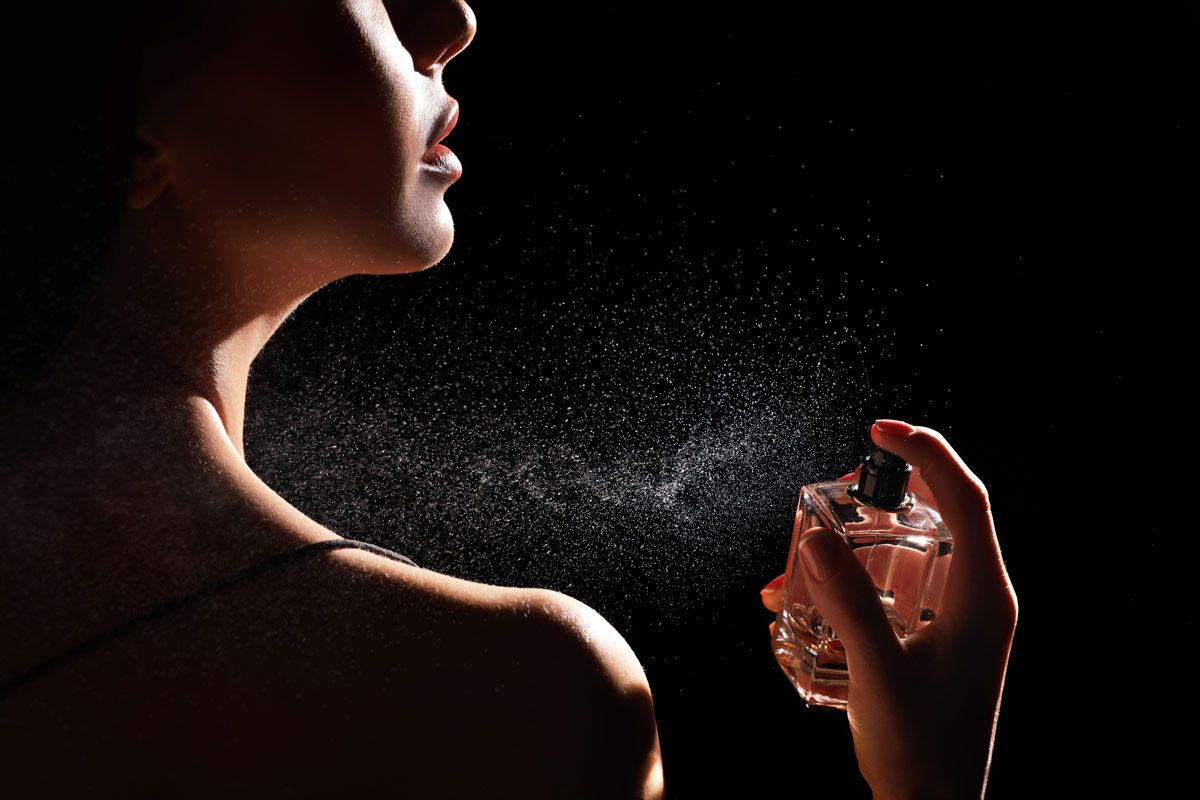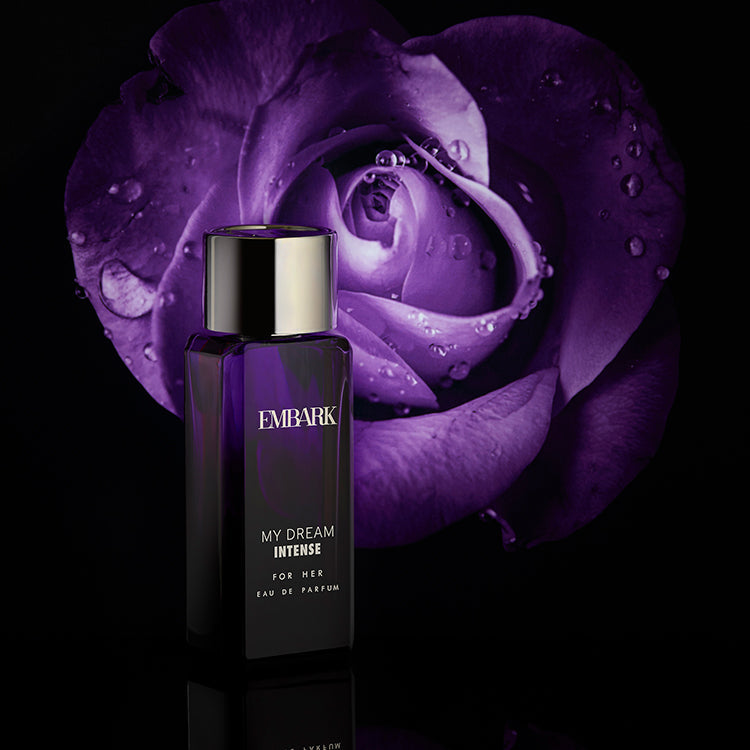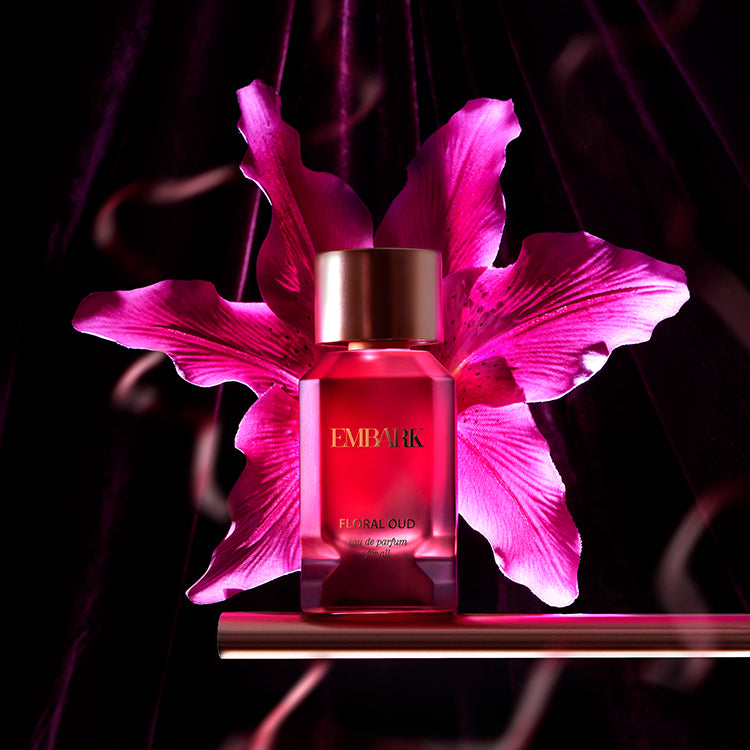Ever noticed that perfume smells different on everyone? Or how does perfume smell different on everyone compared to what you smelled on a testing strip? Well, you’re not imagining things – it’s real and it has everything to do with perfume and body chemistry. This phenomenon is called “fragrance individuality” or “scent variation.” It’s based on an individual's body odor, skin oils, and sweat production. This occurrence explains why does perfume smell different on everyone and shows that every individual has their own scent uniqueness – which is why finding a perfume that smells different on everyone can help you discover your true signature scent.
In this blog, we’ll dive deep into understanding why perfume smells different, and how skin chemistry plays a major role in shaping your fragrance experience.

The Science Behind Scents
Let’s begin with the science. Perfumes are made up of volatile aromatic compounds such as essential oils, alcohol and fixatives. Evey time you apply it to your skin; a chemical reaction begins. These compounds interact with your skin’s natural oils, bacteria and pH levels, create a scent that’s exclusive to you. This is the core reason why do perfumes smell different on everyone.
Both Men’s perfume & Women’s perfume use different blends-men’s perfume tend to be bolder,whilewomen’s are usually lighter. But perfume and body chemistry affect them equally. Regardless of the price or composition, why does my perfume smell different than expected often comes down to how your body responds to it.
- Skin Type
One of the most important factors being your skin type. Oily skin tends to amplify the fragrance and make it last longer. That’s because the oils on your skin slow down the evaporation process. Meanwhile, dry skin has the exact opposite effect, perfumes tend to evaporate faster requiring more frequent application. The scent also might become sharper as there’s little to no moisture.
- pH Levels
Your pH levels also factor in a perfume's longevity. This can be easily influenced by your diet and skincare routine. A higher pH level allows certain notes to take precedence over the rest, while a lower pH level mellows them down.
- Body Temperature
Your body heat is yet another critical factor. Warm skin enhances the volatility of the perfume, allowing it to project itself more intensely. But there’s a catch, it may not last long. On the other hand, cooler skin takes its own sweet time to release the scent, which allows for a subtle yet long-lasting fragrant experience.
- Diet & Lifestyle
What you eat also contributes to how your perfume reacts to your skin. Because what you feed your body is what ultimately alters your skin chemistry and your hydration levels. This eventually alters how perfume reacts and develops over time on your skin. A diet rich in fatty foods makes your perfume smell sweeter, meanwhile, a more plant-based diet keeps the scent closest to its original form.
- Hormones
Now that we have talked about diet, pH levels, body temperatures, etc how can we forget hormones? Yes! Even they matter. Hormonal changes, irrespective of the reason can alter your body’s chemistry and eventually how a perfume reacts on your skin. Say, for example, a female perfume that usually smells floral and fruity on one woman might smell a little musky on another due to hormonal variation.
Embrace the Uniqueness
The fact that scents perfume everyone differently only goes to prove how perfumes help maintain one's individuality. So, your signature scent must not just be about finding a scent that completes your look, and makes you feel good about yourself, instead, it’s about finding the one that becomes a part of you. So, whether you’re looking for the best perfumes for men's or ladies’ perfumes, remember that the journey to finding your signature scent is as unique as you are. Embrace these tiny differences, enjoy the exploration, and celebrate the fact that your perfume is yours alone.





